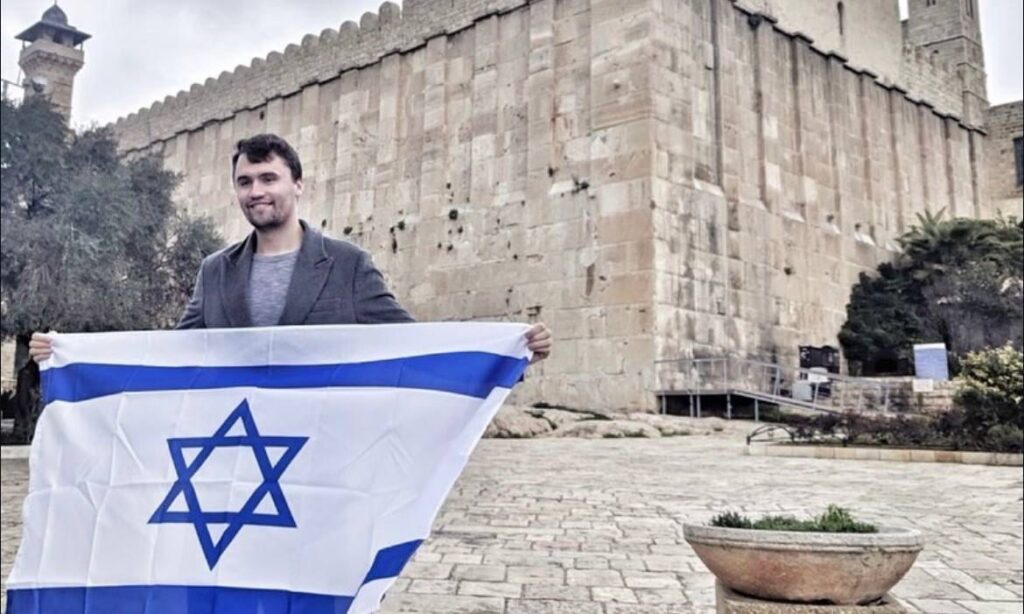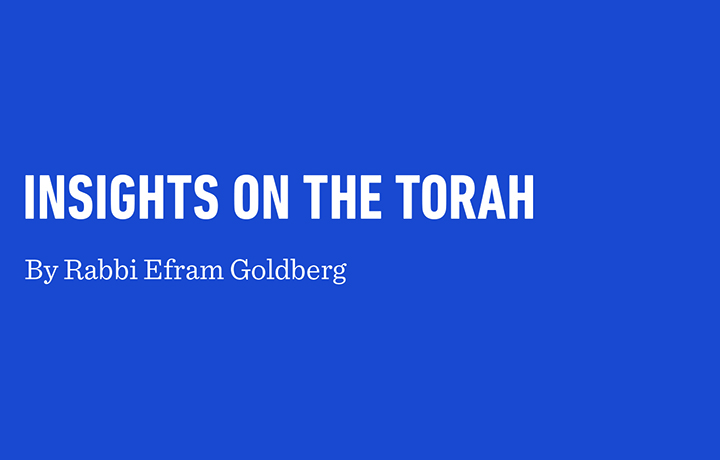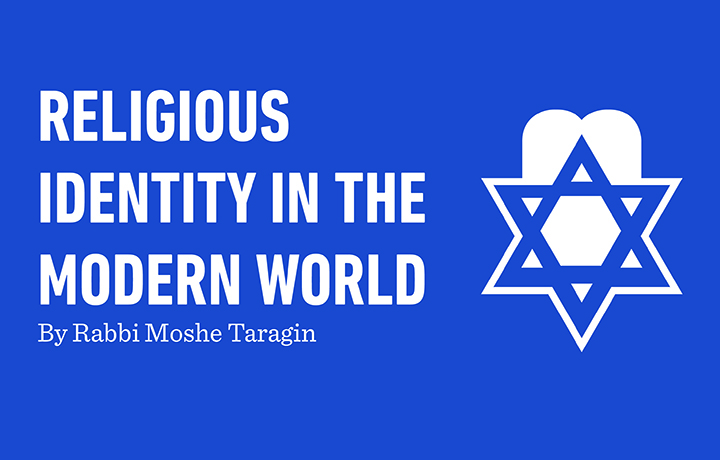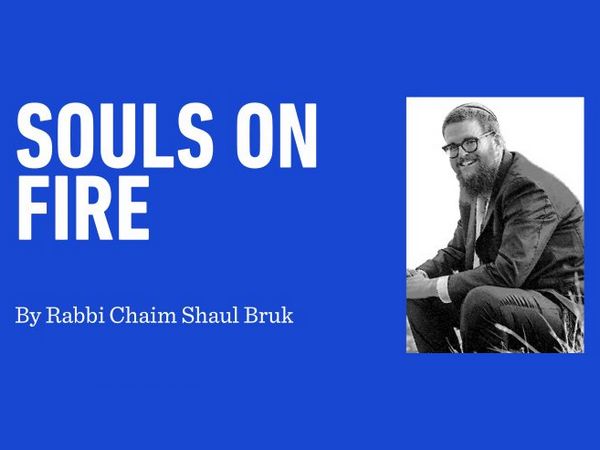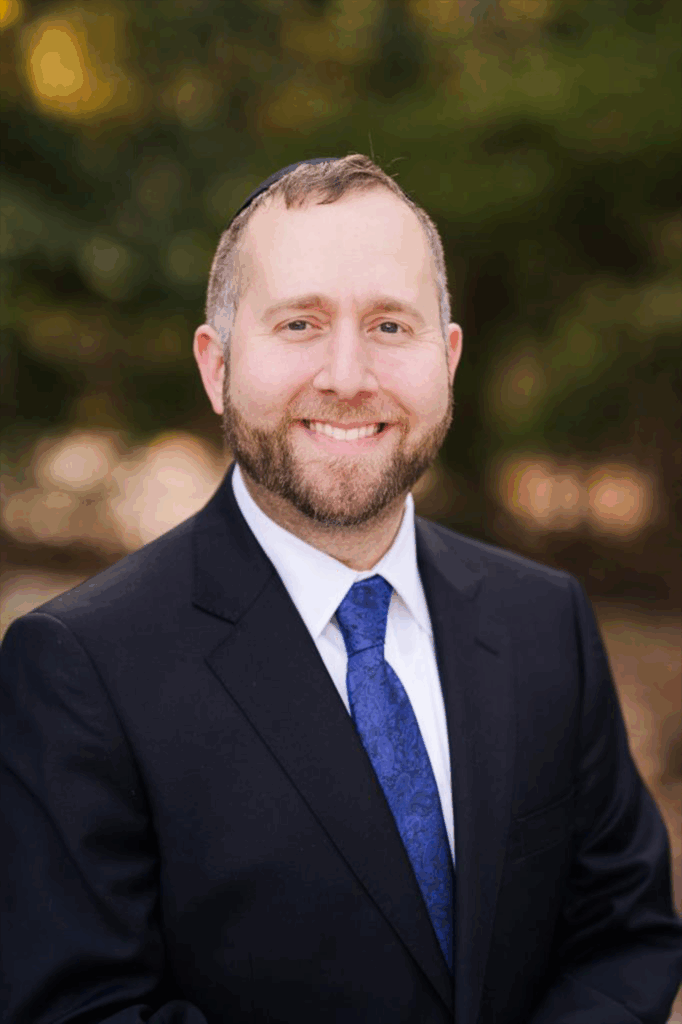Who Tells You The Story?
By: By Sivan Rahav Meir
Did you ever hear of Charlie Kirk? If not, that’s a problem.
One of the greatest supporters of the Jewish people was murdered in the United States, and I saw several people I respect writing: “How is it that I never heard of him until now?”
It’s sad. Our political-media discourse is stuck, narrow. A person is shaped by the landscape of their feed. So much energy is poured into side issues—while the big story, the battle between global progressivism, antisemitism, and the campus madness on one side, and the truth and justice of Israel and Judaism on the other, gets pushed aside.
In that story, Charlie influenced millions. Think about who didn’t tell you about him—and who instead amplified other, more extreme voices.
He explained us to our critics, but he also helped us listen and remember the most basic truths.
Of course, not all his opinions were Torat Moshe miSinai. Far from it. But he was always willing to discuss, to debate. How symbolic that he was murdered at an event called Let’s Talk. There are those who don’t want to talk. They want to silence—violently.
So in his memory, pay close attention to who tells you the story and who frames the story for you. Make sure you’re not missing the next Charlies.
So many dramatic events, so much upheaval—where is all this heading?
When there are so many question marks, it’s worth remembering, even as we struggle, that there is one big exclamation point above them all: We have G-d. We have a people and a Torah. And we have eternal prophecies reminding us of the purpose and direction of this entire story.
In the weeks between Tishah B’Av and Rosh Hashanah, we read the ancient “Haftarot of Consolation” from the navi Yeshayahu. Last Shabbat, we read about the day when we will return to our land and to our faith, when the entire world will recognize the truth emerging from the Land of Israel, and when the complete redemption will come: “Violence shall no longer be heard in your land, nor devastation or destruction within your borders.”
“Violence, devastation, and destruction” refer to violent attacks and internal and external crises. All of these—so familiar to us—will come to an end. Not only Hamas as we know it, not only the murderers in suits sitting in Qatar will be destroyed, but all evil in the world and all the evil within us.
The prophecy continues: “You shall call your walls ‘Salvation’ and your gates ‘Praise’.” Yeshayahu Hanavi tells us that we will be so strong and secure that we won’t need physical defenses. Salvation itself will be the wall protecting us, and our praise will be the gate guarding us. Faith in G-d, unity, and inner strength will protect Jerusalem—without the need for physical walls.
In confusing times, it’s worth remembering: generation after generation, our ancestors read these prophecies of consolation and drew strength and direction from them—and they are indeed coming to life before our eyes. May we merit not only to read them but to see them fulfilled completely, speedily in our days.
After an especially challenging year 5785, how do we enter the new year? Moshe Rabbeinu’s words to the nation in this week’s parashah include important principles regarding entry into the land of Israel and into the new year.
1. This is the last Shabbat of the year. Many people do something special to honor it in order to distinguish it from all the other Shabbatot of the year.
2. Last Motza’ei Shabbat Ashkenazim also began to say Selichot, penitential prayers, in preparation for the new year that begins next week on Monday night and will last two days until Wednesday night.
3. This week’s parashah, Nitzavim, speaks of our ability to rectify our deeds. Moshes Rabbeinu leaves us with many encouraging messages as he looks thousands of years into the future. With the following words, he assures us that the highest aspirations he envisions for us are easily within our grasp. “For this commandment which I command you this day is not concealed from you, nor is it far away. It is not in heaven, that you should say, ‘Who will go up to heaven for us and fetch it for us, to tell [it] to us, so that we can fulfill it?’ Nor is it beyond the sea, that you should say, ‘Who will cross to the other side of the sea for us and fetch it for us, to tell [it] to us, so that we can fulfill it?’ Rather, [this] thing is very close to you; it is in your mouth and in your heart, so that you can fulfill it.”
4. Following the Torah reading, we read the seventh and last of the haftarot of consolation that are read between Tishah B’Av and Rosh Hashanah. This haftarah speaks of joy, redemption, return to the land of Israel, and includes this famous verse: “On your walls, O Jerusalem, I have appointed watchmen; all day and all night, they shall never be silent; those who remind the Lord, be not silent.”
Shabbat shalom, shanah tovah, and may we all be inscribed and sealed in the Book of Life.
Translated by Yehoshua Siskin and Janine Muller Sherr
Read more by Sivan Rahav Meir at SivanRahavMeir.com.





